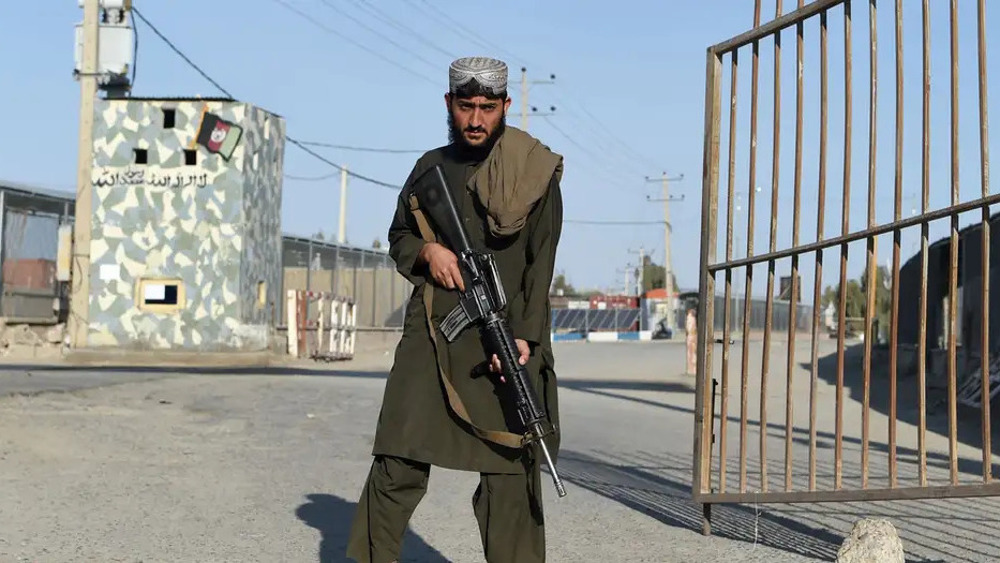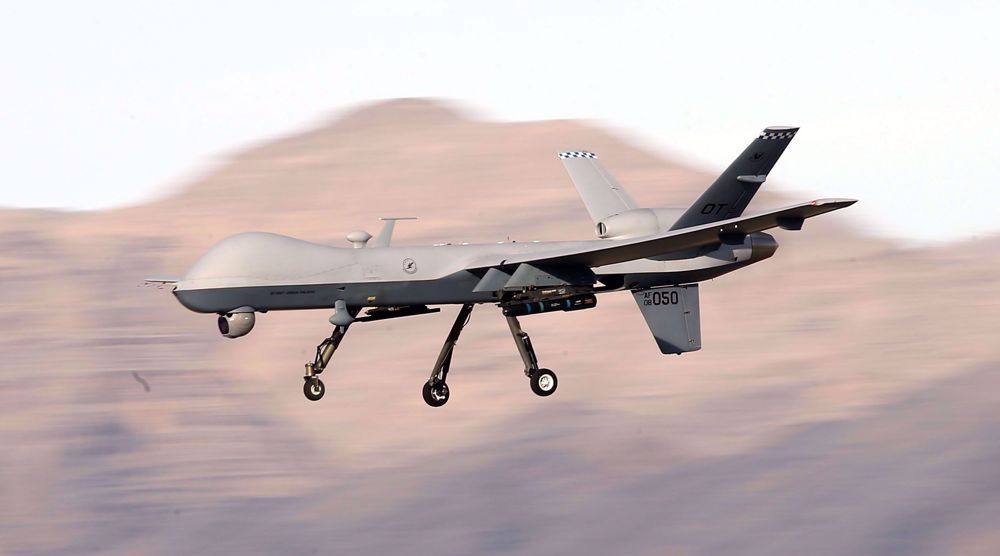Former Taliban chief Mullah Omar poisoned to death: Affiliate group
A Taliban-linked militant group has claimed that Mullah Mohammed Omar, the former leader of Taliban in Afghanistan, was poisoned to death.
In a Saturday statement, the Fidai Mahaz militant group also claimed that Omar was killed based on a conspiracy involving Taliban’s current leader Mullah Akhtar Mohammad Mansour.
Taliban confirmed Thursday that Omar had died, saying the group had chosen Mansour as his successor. A day earlier, the Afghan intelligence announced that Omar had died “under mysterious circumstances” in the Pakistani city of Karachi in April 2013.
In a Saturday statement, the Fidai Mahaz militant group also claimed that Omar was killed by a plot in which Taliban’s current leader Mullah Akhtar Mohammad Mansour was also involved.

Mansour replaced Omar’s medicine with a poisonous one imported from the Emirati city of Dubai in a bid to gradually kill him, the statement alleged, saying Omar lost his life three days after taking the poisonous medicine.
According to the Fidai Mahaz statement, the issue of the opening of Taliban’s liaison office in Qatar in 2013 had sparked serious arguments between Omar and Mansour.
However, there are other conflicting reports on the death of the former Taliban leader, with some saying Mullah Mohammed Omar was killed with bullets and some blaming various diseases for his death.
Veteran Pakistani journalist Rahimullah Yusufzai says sources among Taliban militants said that Omar’s exhumed body had two bullet holes on the head and the chest, while a former Taliban minister says he died of tuberculosis.
The founder of the Taliban, Omar brought the militant group to power following the withdrawal of the Soviet forces from Afghanistan in the 1990s. He was ousted in 2001 during the US invasion of Afghanistan as part of Washington’s so-called war on terror.
Mansour, a native of the southern province of Kandahar, served as aviation minister during the Taliban rule in Afghanistan from 1996 to 2001.
He was widely assumed to be one of the major candidates to replace Omar. Mansour also served as the second-in-command of the Taliban for a period of time.
Confirmed: Iran’s star striker Mehdi Taremi joining Italian champions Inter Milan
Google fires more employees over anti-Israel protests
Iran set to build more nuclear power plants: AEOI chief
'Iran’s True Promise ushers in new era for region; strategic implications felt across globe'
VIDEO | Arrest and harassment: US intensifies crackdown on pro-Gaza protests in universities
VIDEO | Press TV's news headlines
France fails to ban anti-Islamophobia protests
In Numbers: 200 days of Israeli genocidal war against Palestinians in Gaza










 This makes it easy to access the Press TV website
This makes it easy to access the Press TV website